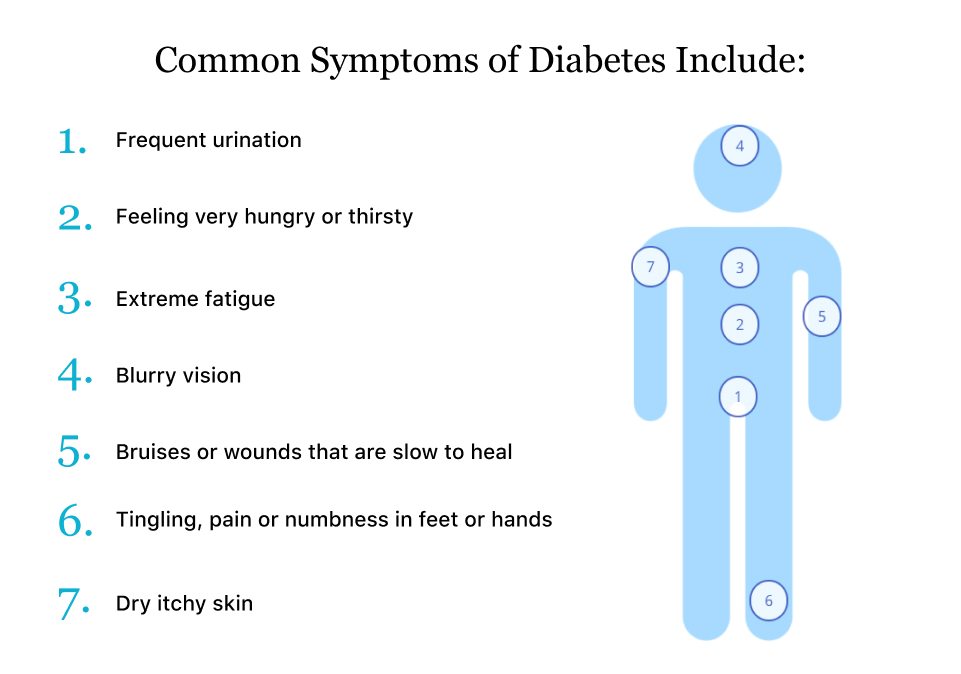
Type 2 diabetes, also called non-insulin-dependent diabetes, is the most common form of this condition. It is characterized by high blood sugar levels, a higher than normal level of "bad" cholesterol (HDL), and a high level of triglycerides. As a person ages, their risk increases as well. People with diabetes are often diagnosed with prediabetes, a condition where blood glucose levels are higher than normal. Untreated prediabetes can lead to type 2 diabetes.
The main complications of diabetes are related to the disease of the blood vessels. Patients with type 1 diabetes have an insufficient amount of red blood cells, leading to lower blood sugar levels. Symptoms of this disease include a decreased ability to carry oxygen to the cells. Other complications of the disease include angiopathy, which affects veins, arteries, and capillaries. The immune system produces antibodies that destroy the beta cells in people with type 1 diabetes. Other conditions that can lead to diabetes include arteriosclerosis, a hardening of the arteries.
Diabetics must take measures to prevent this deadly condition from developing. A diet that contains plenty of fruits and vegetables can help maintain healthy blood sugar levels. But if a diabetic doesn’t have a diet rich in fiber, then their body is starving for energy. While there are no sure-fire ways to avoid diabetic ketoacidosis, the risk of coma and other complications of high blood sugar is a big factor. The sooner it is detected, the better.
If left untreated, diabetes can lead to microalbuminuria. A minor early symptom of kidney damage, microalbuminuria is managed by proper blood glucose levels, exercise, and a nutritious diet. A person with diabetic neuropathy may develop a small swelling of a tiny blood vessel called a "microaneurysm". This is a serious complication of diabetes and requires treatment by a specialist. Without insulin, the cell is deprived of glucose.
There are several complications of diabetes. Most of them are associated with blood vessels. Some of them can affect the eyes and nerves. In some cases, this condition is associated with kidney and heart failure. It can also lead to anemia. This condition can cause a person to experience a range of symptoms, causing them to lose weight and eventually die. It is important to know how to treat it as quickly as possible. Proper diet and timely advice on the site https://sarjana.co.id/
can prevent many of the complications of diabetes.
A person with diabetes may have other symptoms as well. Some signs of the disease are characterized by hypoglycemia, a condition in which blood does not reach the cells of the body. The body produces insulin in response to an inflammatory response in the blood. This process leads to an increase in blood glucose levels. When the body lacks insulin, it cannot produce enough of it. It becomes difficult for a person to absorb nutrients, and eventually breathe.
In addition to these complications, diabetes can also affect the kidneys. Inflammation in the kidneys and heart can result in the development of a variety of diseases. Those who have diabetes should pay close attention to their blood sugar level. It is essential to prevent a diabetic from having a diabetic stroke, as this can damage their blood vessels. The disease also leads to the development of other complications. In some cases, a person will develop a microaneurysm, or swelling on a small blood vessel.
Type 1 diabetes is characterized by a low level of insulin and high levels of blood sugar. It can lead to a number of complications, including amputations, and can lead to serious infections. Inflammation can also lead to kidney failure, which is an extremely dangerous condition. Consequently, it is crucial to avoid gestational diabetes while pregnant. It can also cause a number of other health problems, such as skin infections and eye diseases.
A diabetic’s blood pressure can be high or low. Among the most common complications of type 1 diabetes are kidney damage and heart failure. In severe cases, the kidneys can be permanently damaged. The disease can lead to blindness or other major problems. Besides the vascular damage, type 1 diabetes can result in amputations. The loss of blood supply can also make the legs feel painful. When it’s severe, it can cause amputations.